
In our previous article in this series, we explored the advantages of Hiba’s maths instruction in terms of teaching philosophy and resources. This week, we will focus on teaching practices and learning processes.
It is intended to help pupils build their own ‘guidance system’ that is fully supported by teachers. As such, a pupils’ learning process is like driving a car while teachers are the navigation system.
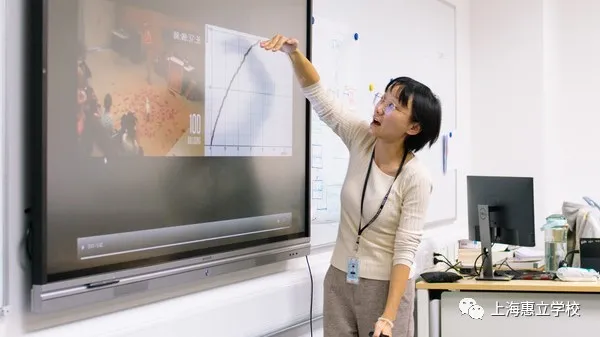
Stratified homework also helps our teachers better understand pupils’ learning conditions and helps them reach their teaching objectives.
Homework ranges from basic to more challenging exercises. Pupils can choose to work on what best suits their interest and ability. How they complete their homework helps our teachers identify strengths and areas that need improvement. They then provide support accordingly.
In addition to academic lessons, Hiba School provides a wide variety of maths-orientated CCAs.
Our Maths Enhancement CCA is targeted at pupils who need to strengthen their foundation in the subject. It helps pupils to reinforce what is learned in class, identify their problem areas, help them develop their skills and study methods.
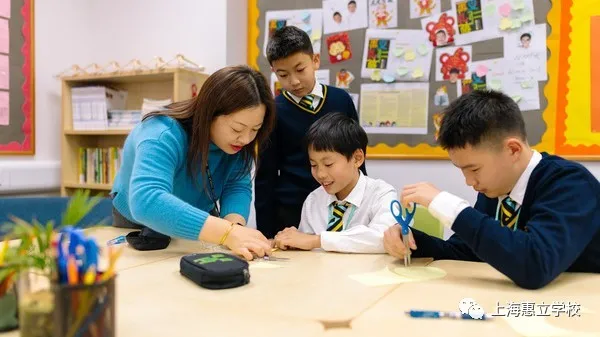
More advanced pupils wishing to expand their learning beyond the classroom can choose our American Mathematics Competition (AMC) CCA.
In fact, this year, Hiba has become an AMC official test centre. Hiba pupils are very interested in AMC, and they perform well in this competition. Quite a few of them earned honour certificates for place in the top 1% or 10% cent.
“Preparing for the AMC CCA takes a lot of time and energy," Ms Cui says. "We buy, read and analyse numerous reference books, connecting the content to what pupils learn in class. We want this CCA to supplement their academic study and strengthen their learning ability.”
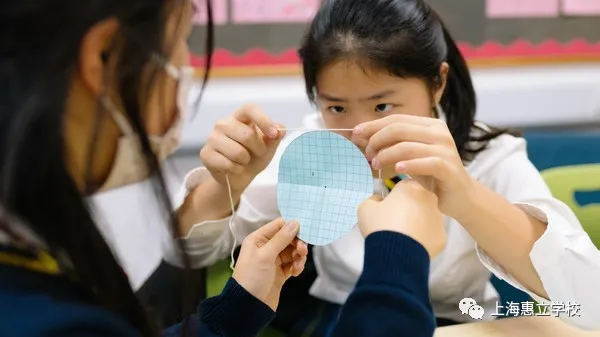
Additionally, pupils in higher grades can choose our Calculus or Maths Culture CCAs. These are highly advanced courses that cover subjects often taught at the university level.
"We use data science to solve real-life problems while teaching pupils critical thinking as they interpret information and identifying its potentially 'deceptive' nature," Ms Li explains.
Effective learning also requires self-direction. For instance, Ms Cui advises against parents checking their children's homework.
"If parents help their children correct their mistakes and they turn in a perfect assignment, we learn nothing about their abilities of the progress they are making," she explains.
"So we encourage parents to let their children complete their assignments on their own, allowing them to learn from their mistakes."
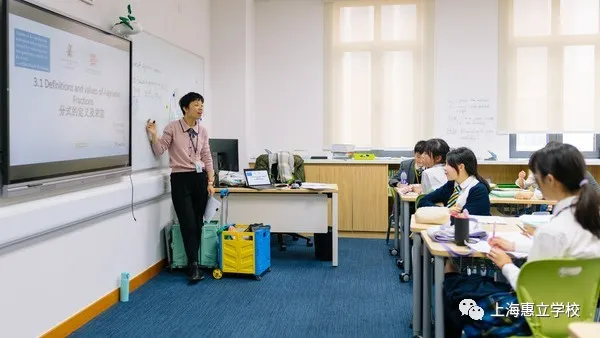
We also encourage pupils to engage in what we call 'closed-loop' learning.
This is way of helping them build strong study habits that ensure they process and retain what they learn. It entails previewing material in their textbooks before doing their homework and reviewing it independently.
This can take many different forms. One particularly useful technique reviewing work after its corrected by their teacher and recording their mistakes in a notebook.
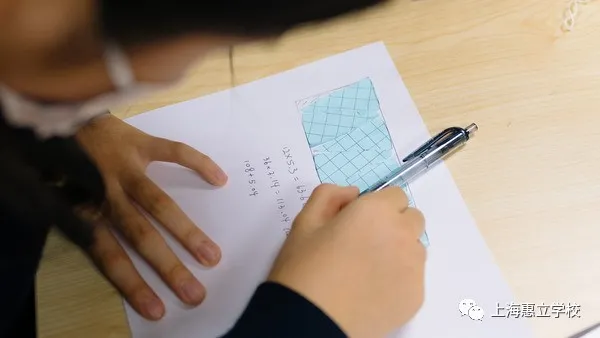
This keeps an inventory of what areas need improvement, and it helps them track their progress.
From theory to practice, our maths teachers aim to instil in our pupils a capacity for independent enquiry and self-direction. They learn to take initiative, adopt a growth mindset and build on cumulative skills. Such positive habits will benefit them in their maths studies and beyond.
Content support in courtesy of
Hiba secondary school’s maths department